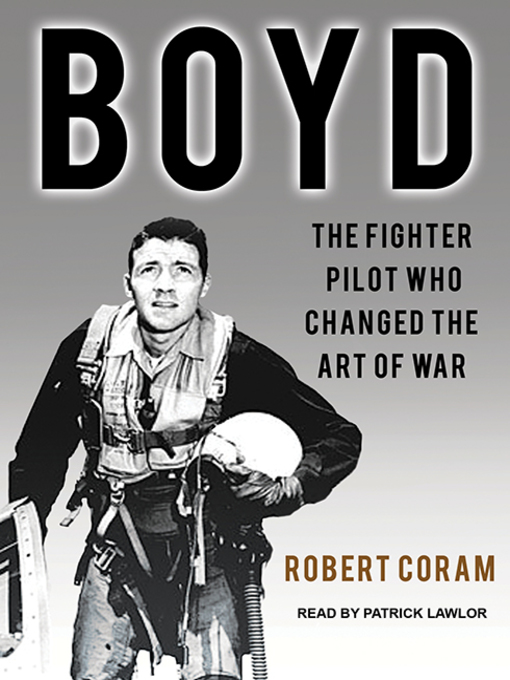- Beach Reads
- New Fiction eBooks
- Most popular
- Clean Reads
- New teen additions
- Historical Fiction Finds
- I Will Turn This Car Around: Books for Dads
- Mr. Darcy!
- Oh No! These poor men seem to have lost their shirts!
- Indie Author Project 2019
- Biography
- A Taste for Murder
- Top Christian Titles
- See all ebooks collections
- Full Cast Audio
- Recently Added Audiobooks from Recorded Books (RBdigital)
- New Fiction Audio
- Library Reads that Deserve a Listen!
- Most popular
- Audiobooks We're Thankful For
- New teen additions
- Try something different
- Historical Fiction
- Business Books
- The Fate of Mercy Alban Fiction Read-Alikes
- New kids additions
- American History: from the Ice Age to the Moon Shot
- See all audiobooks collections
- Newly Added! Magazines
- Let's Get Cooking!
- Magazines for All
- News and Politics
- Celebrity Magazines
- See all magazines collections

